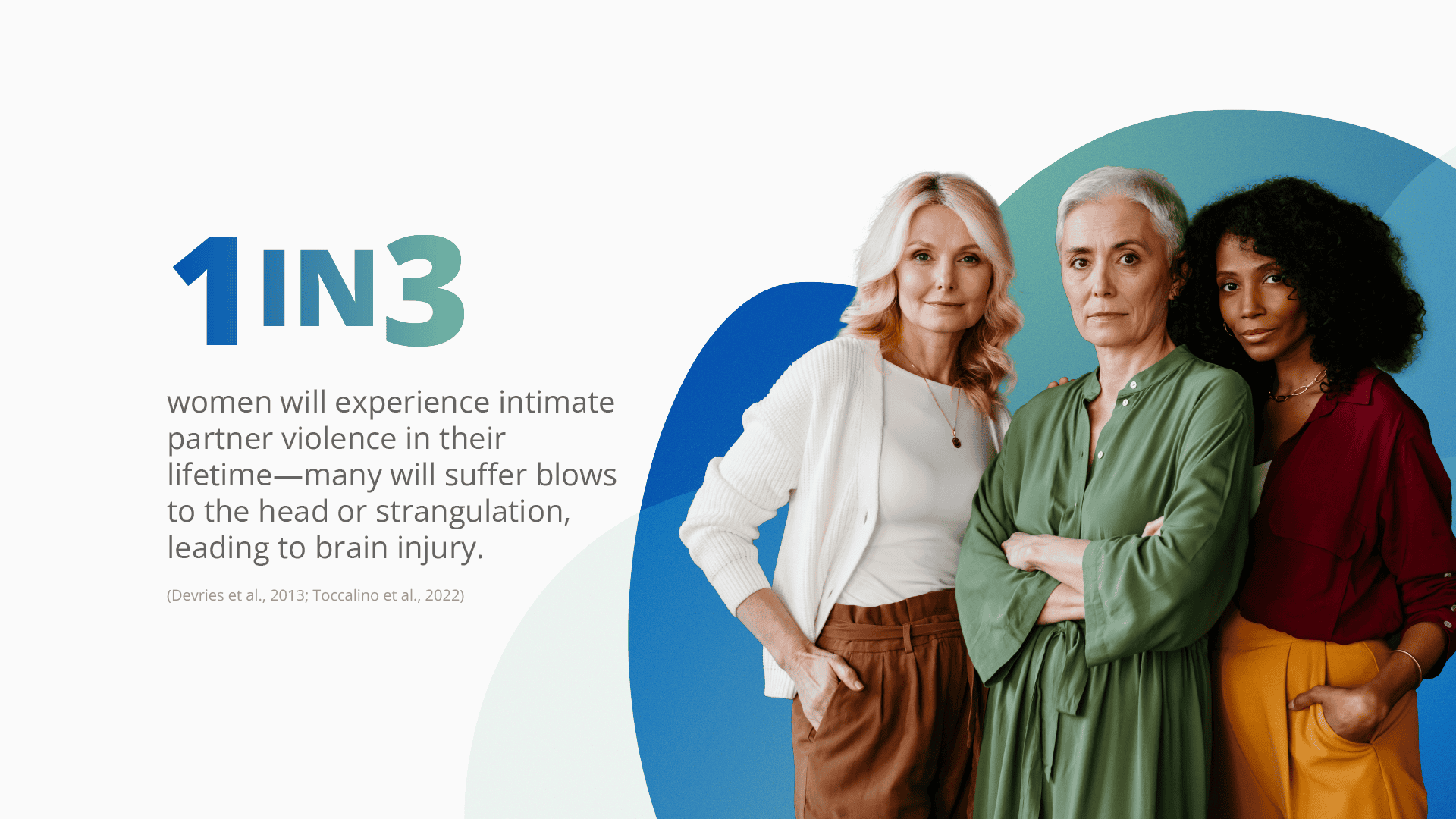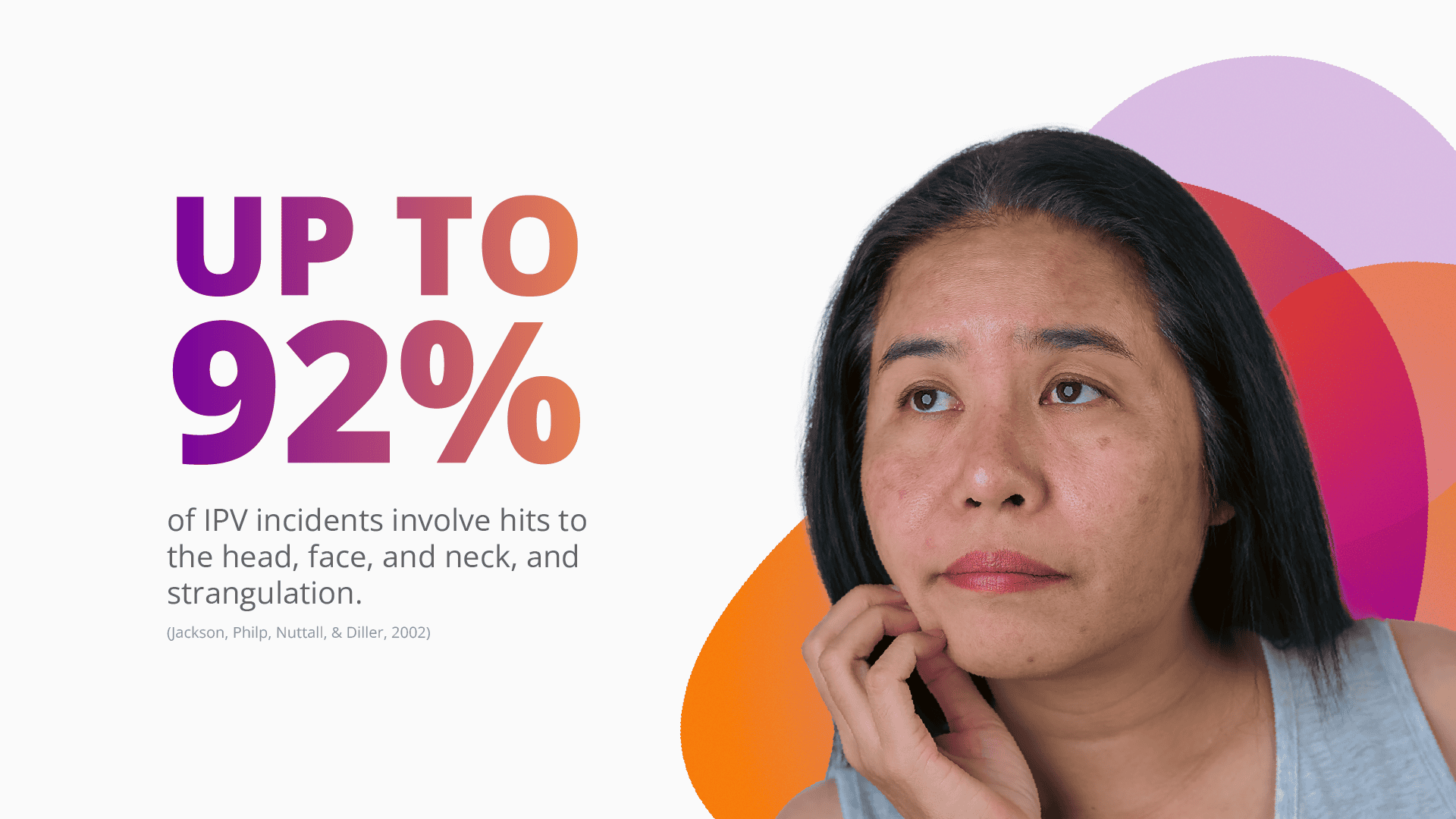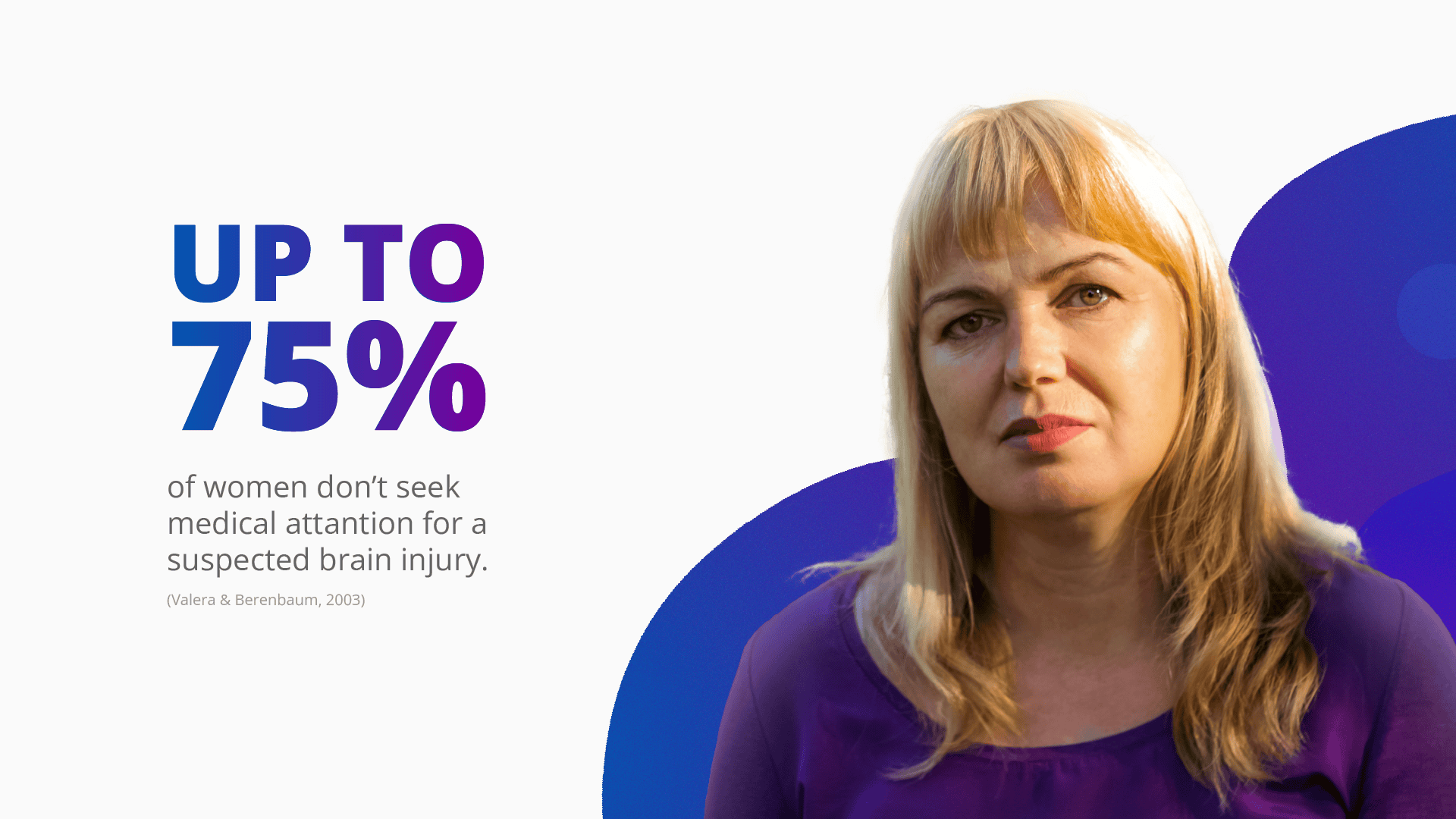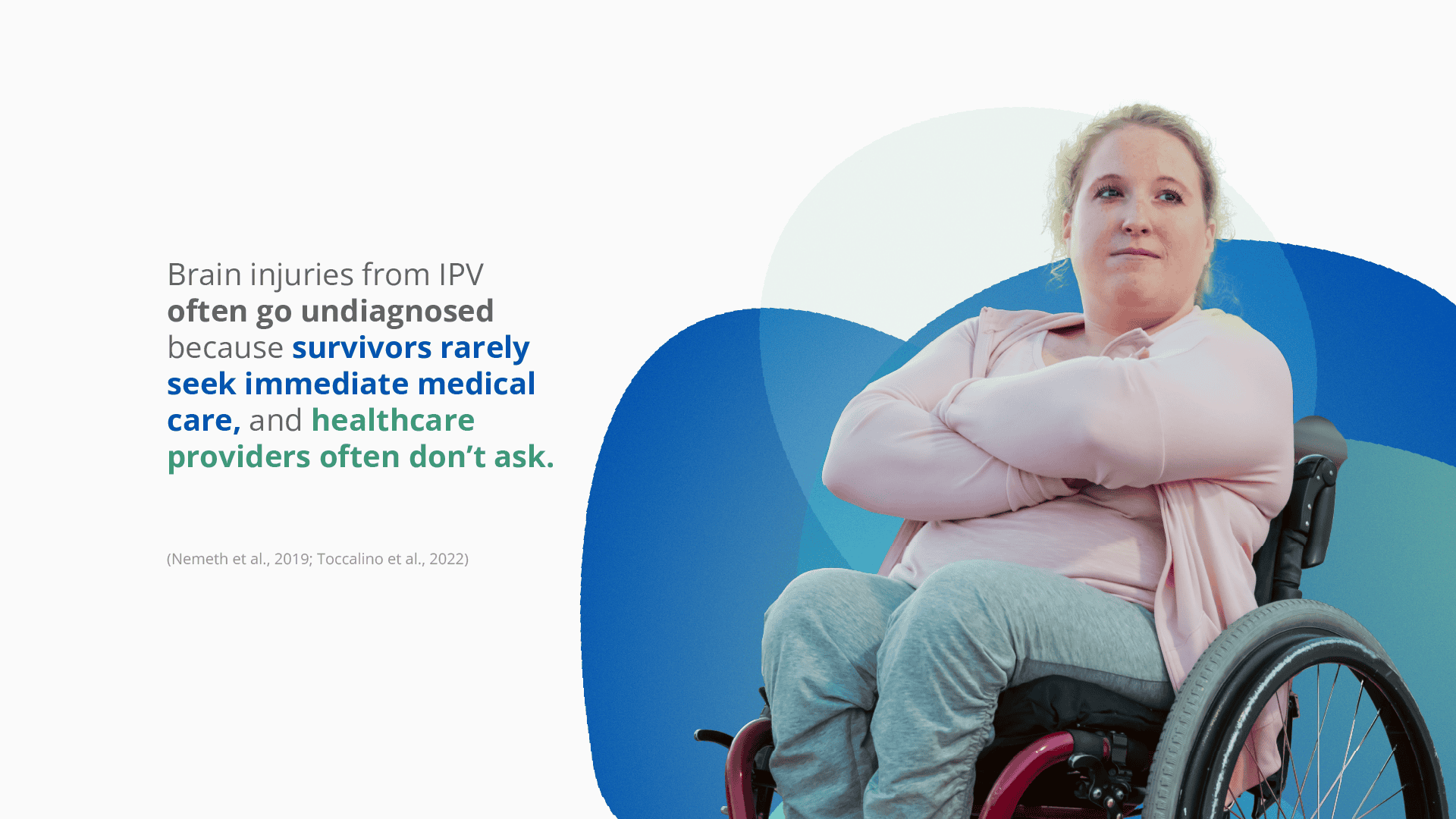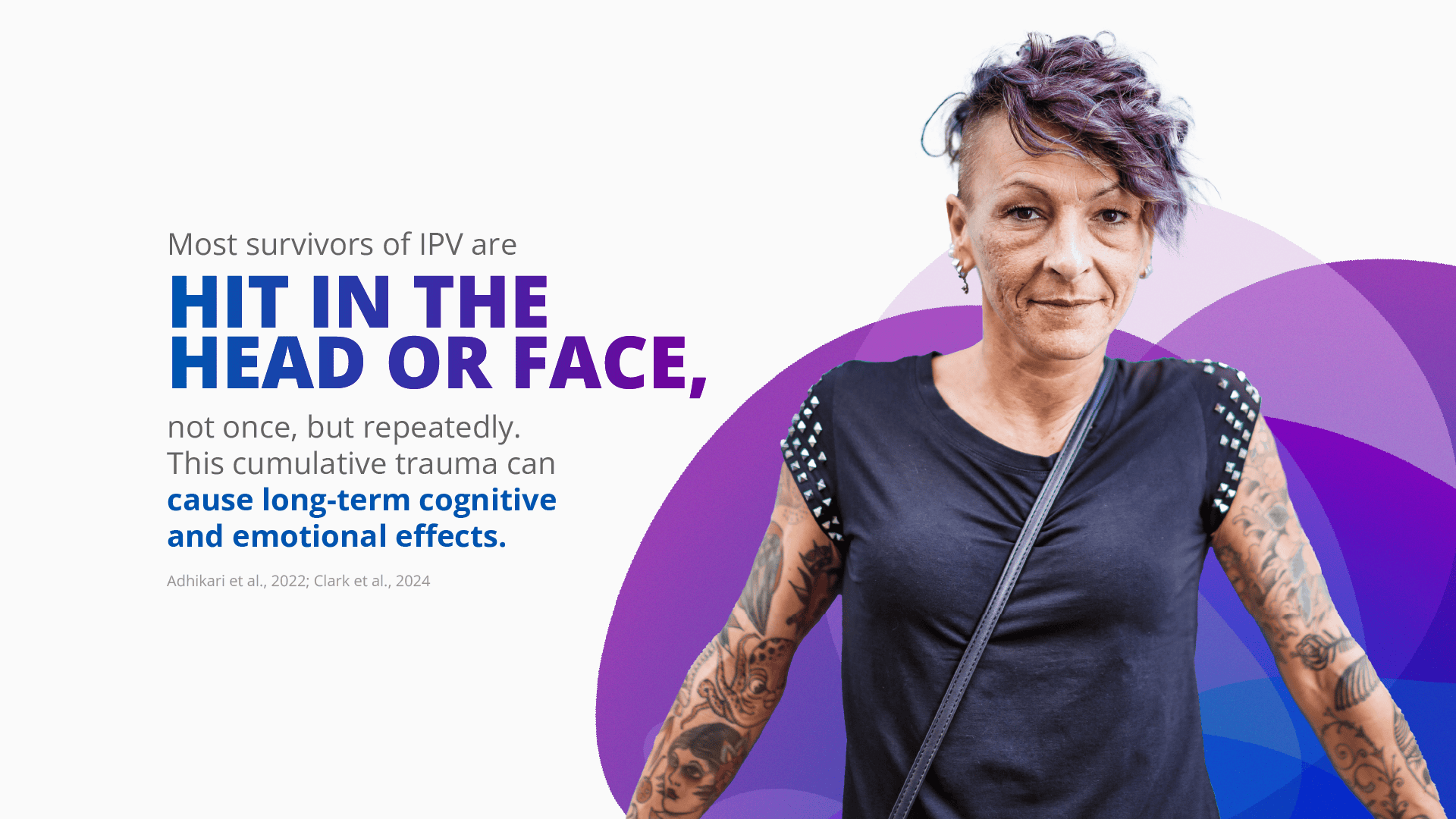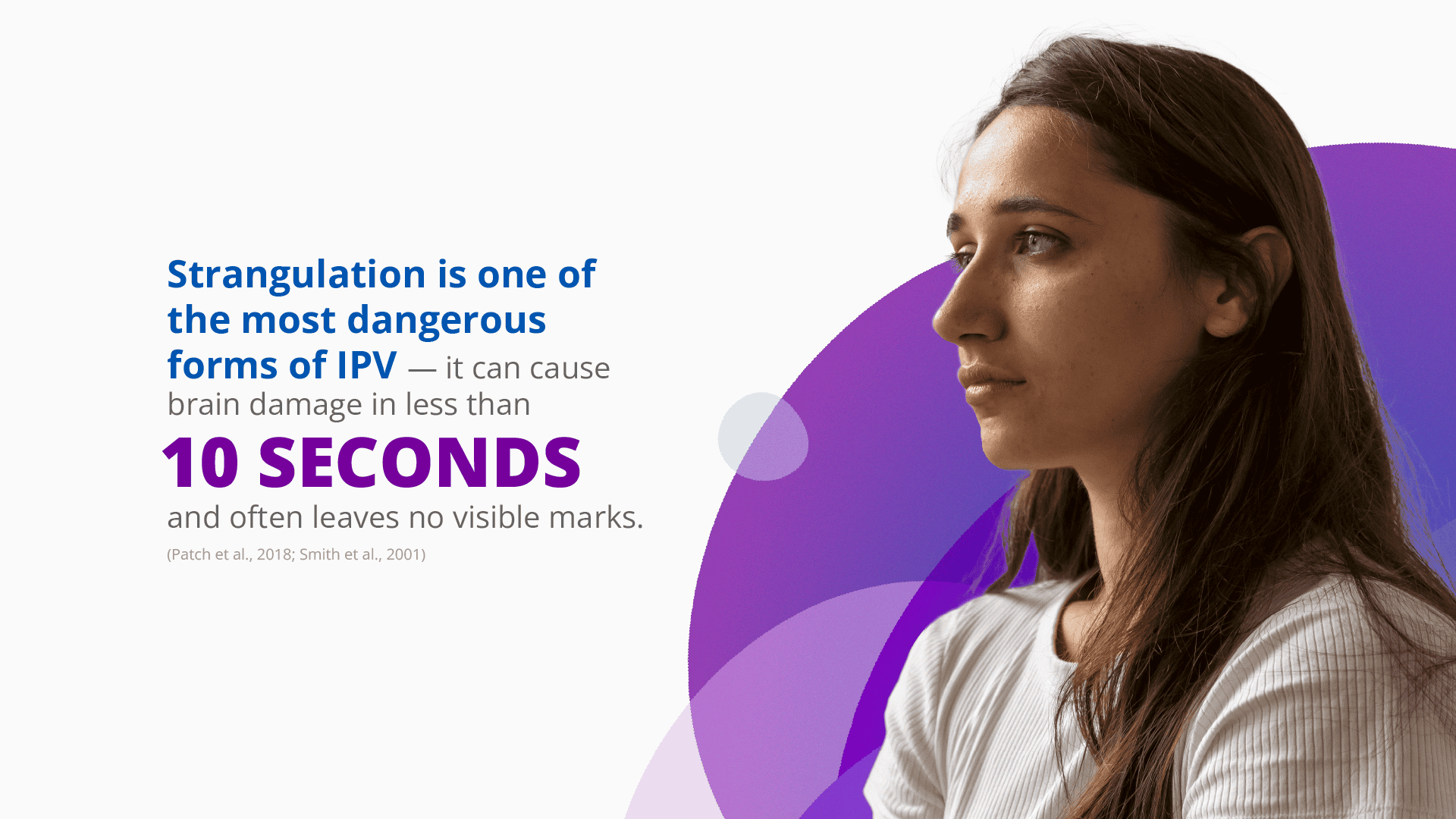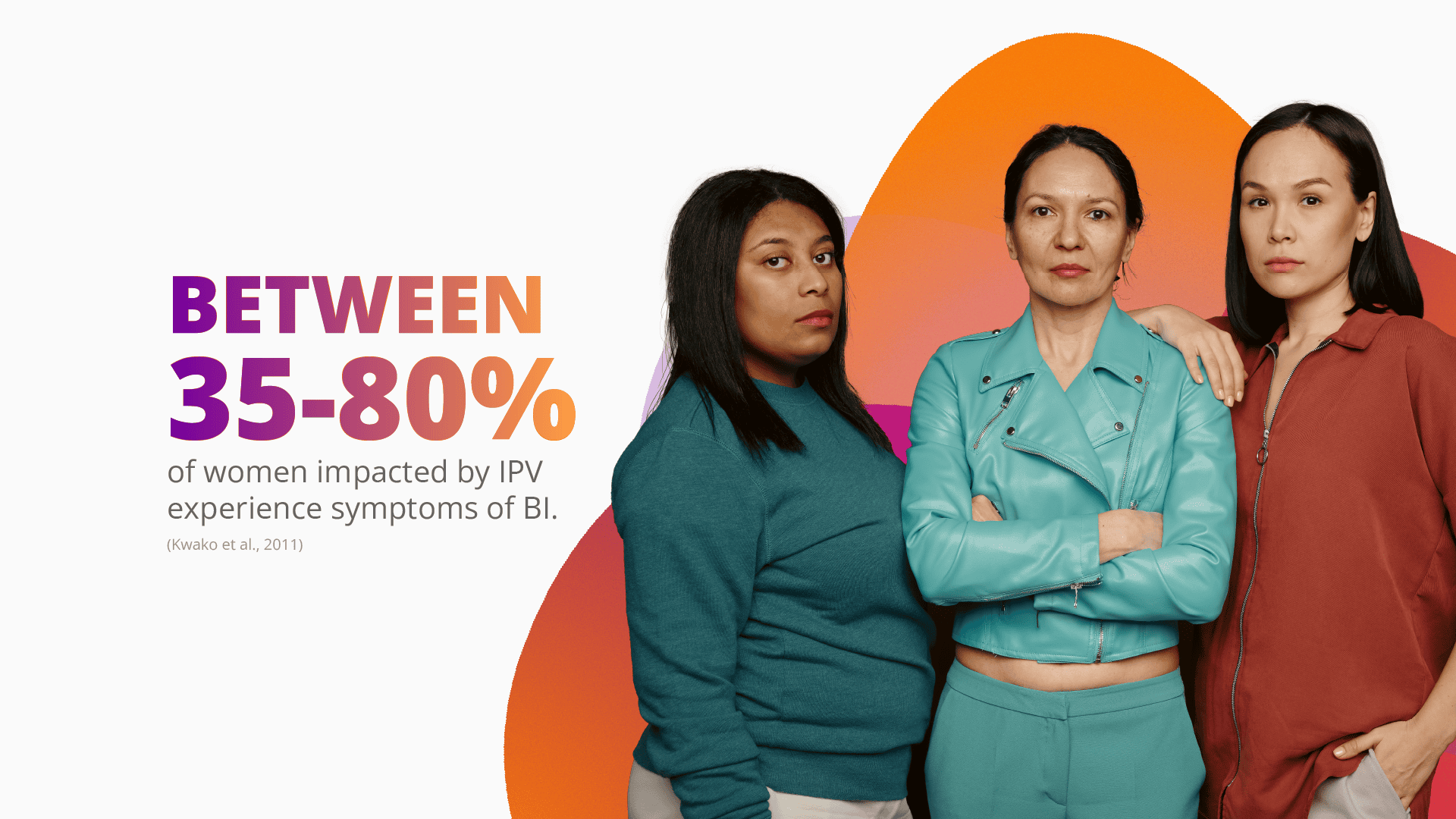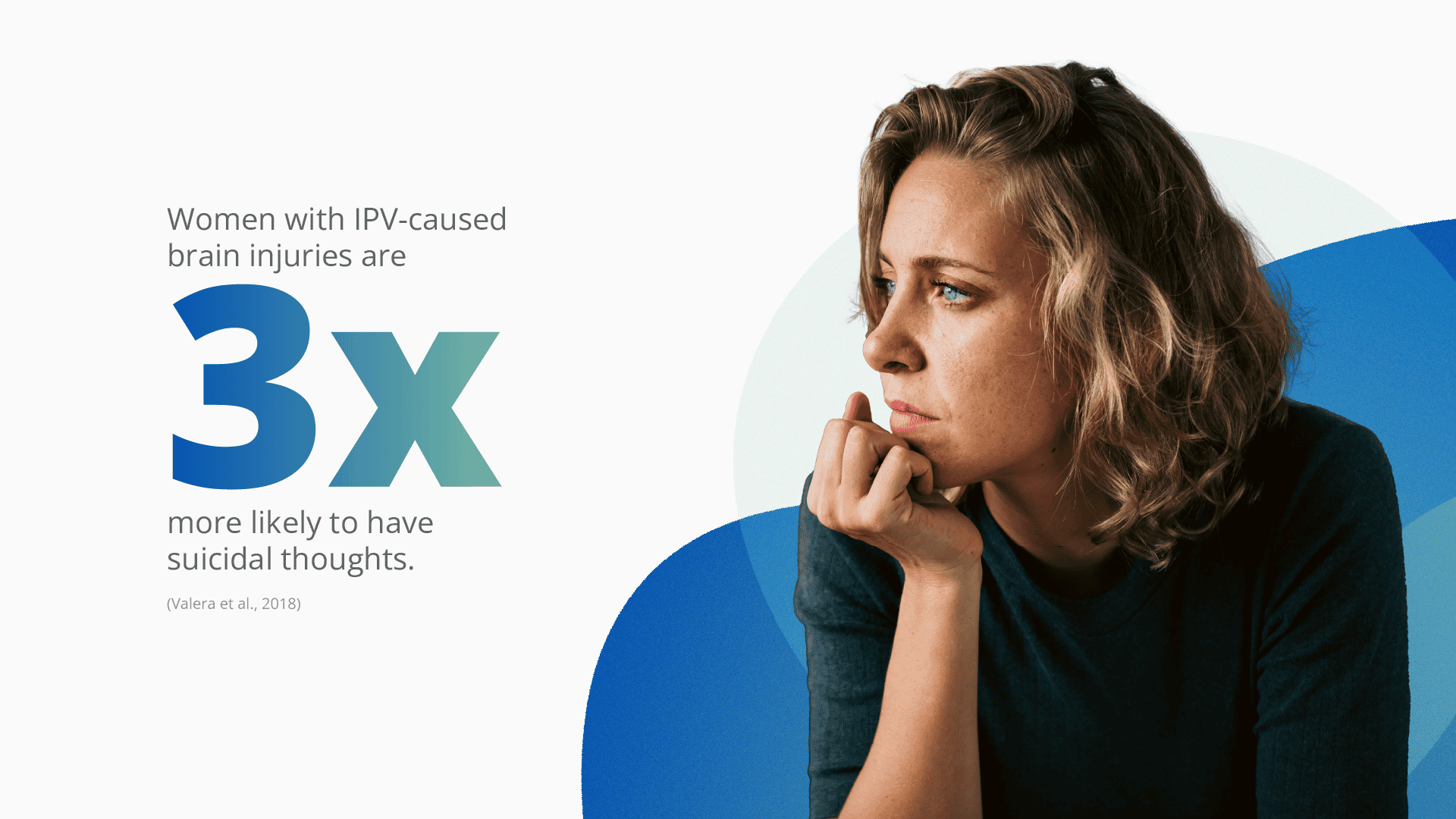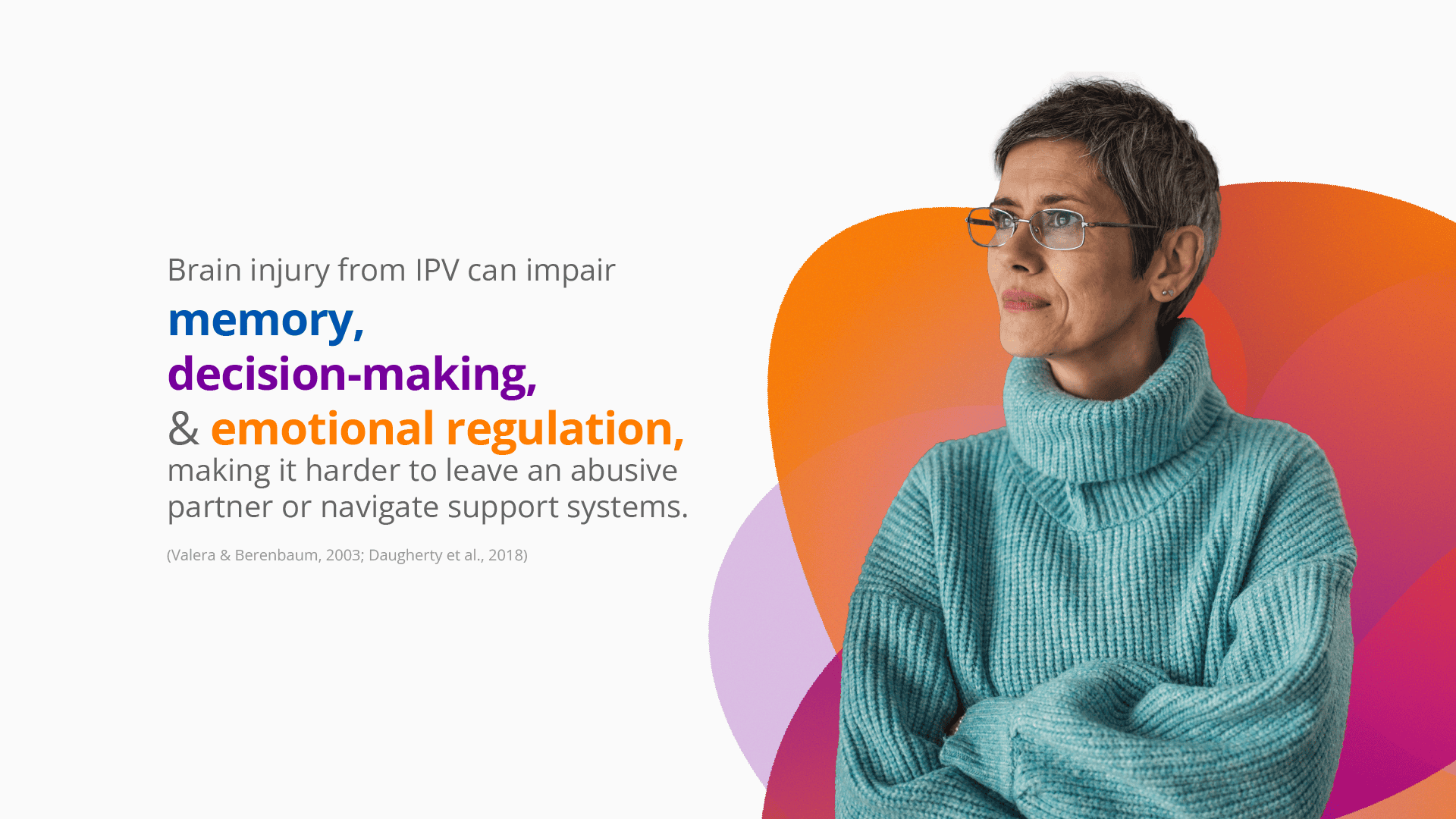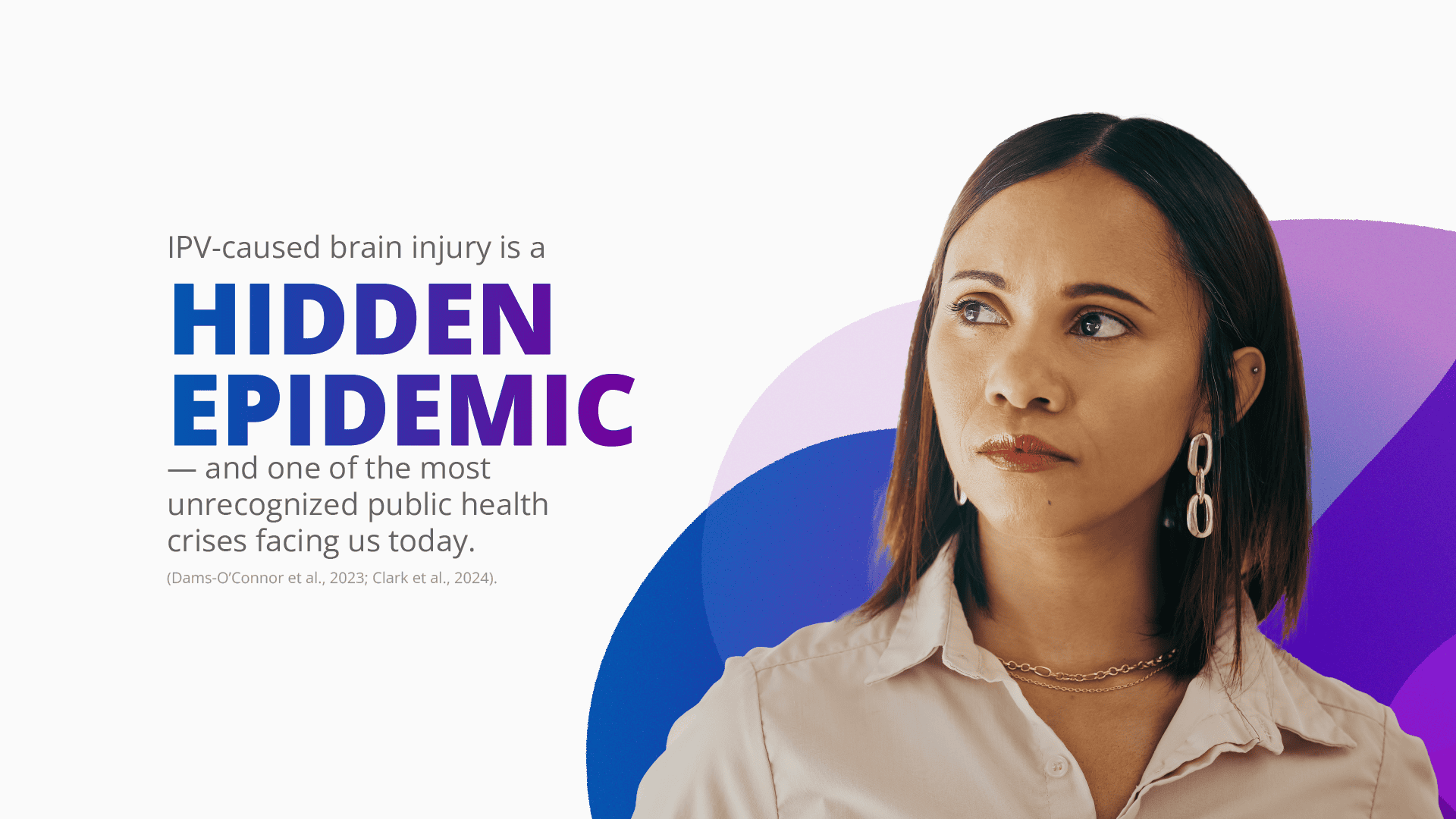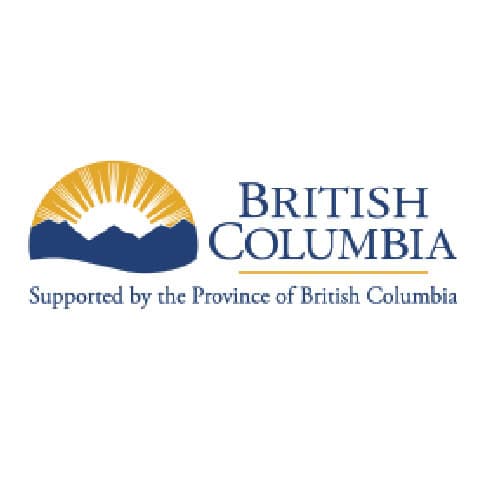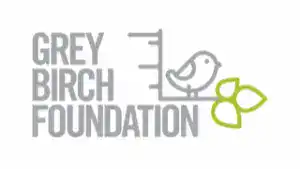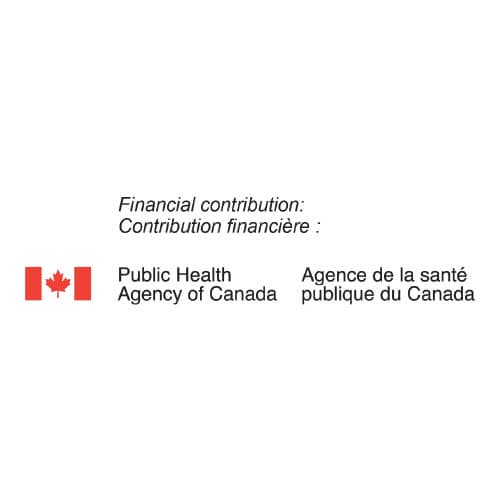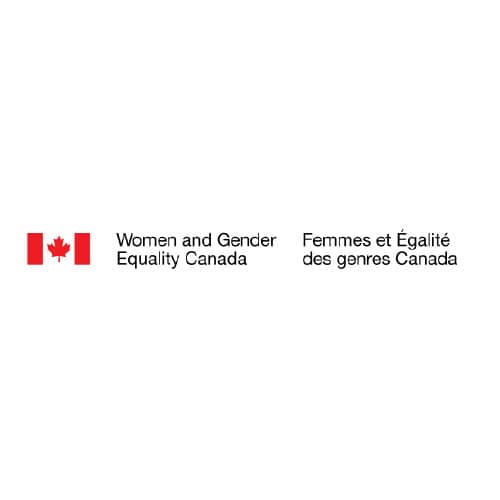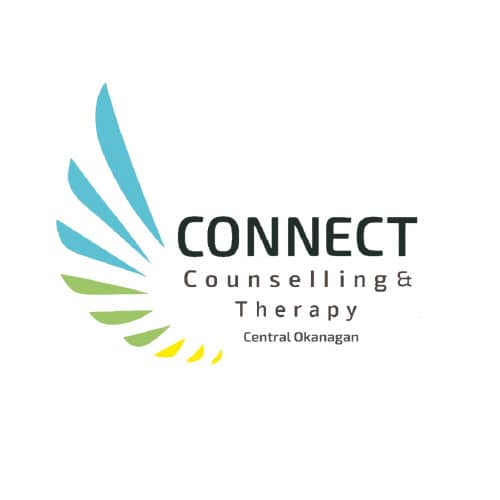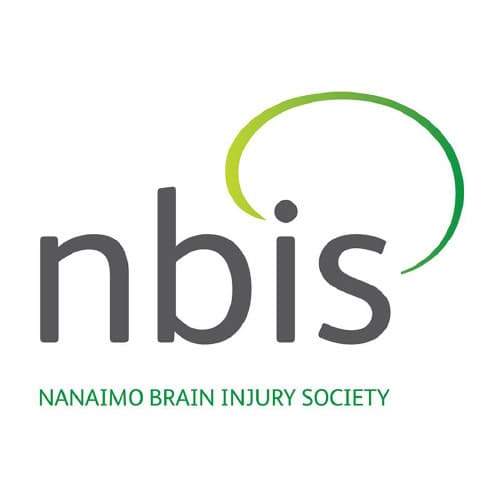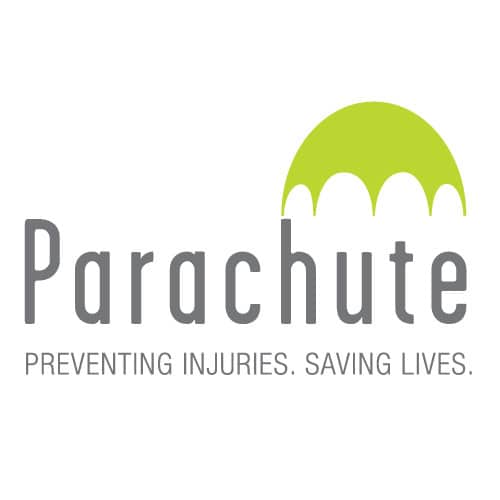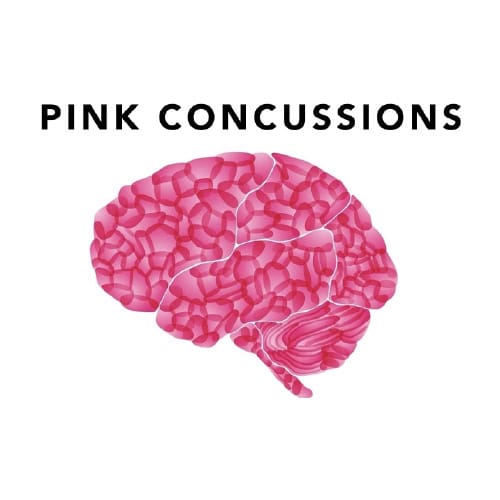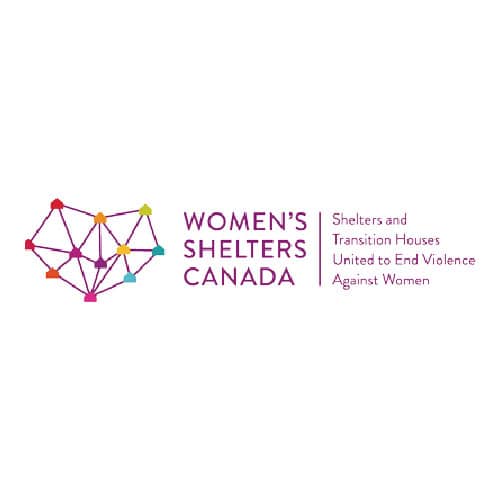Brain injury from intimate partner
violence is a global epidemic.
Supporting Survivors of Abuse and Brain Injury through Research
(SOAR) works to expose this hidden, public health crisis.
SOAR is on a mission to explore, educate, and empower.
Intimate partner violence-caused brain injury (IPV-BI) is under-recognized and under-researched, and often goes undiagnosed and untreated. SOAR is a registered charity and the only organization in Canada with a singular focus on IPV-BI. From research to response, SOAR explores the intersection of IPV and BI, educates frontline workers, and empowers survivors to get the care and support they need to thrive.
Explore. Educate. Empower.
SOAR explores the intersection of IPV and BI, educates frontline workers and others to recognize and respond, and empowers survivors to take back their lives.

For academic researchers:
Your research can shape survivor care, if it reaches the right audiences. Work with SOAR to translate and disseminate your work, bridging the gap between knowledge and action.

For frontline workers:
Healthcare and social workers, shelter staff, police, lawyers, judges, and more
—SOAR provides training to help you recognize and respond to IPV-BI.

For survivors and allies:
SOAR supports survivors of intimate partner violence and their allies who seek actionable information and resources to heal, rebuild, and advocate.
What is Intimate Partner
Violence (IPV)?
IPV is physical, sexual, or psychological harm by a current or former partner. Also known as domestic abuse or gender-based violence, it’s a global public health crisis:
- 1 in 3 women will experience IPV in her lifetime.
- In Canada, 230,000 women (ages 20-54) face IPV every year..
- The estimated annual cost of IPV in Canada exceeds $10 billion.
What is Brain Injury (BI)?
A brain injury is a change in brain function that can be caused by a blow, jolt, or lack of oxygen. A concussion is a type of traumatic brain injury, common in IPV from:
- Punching or blunt force
- Violent shaking
- Being thrown down stairs or from a vehicle
Strangulation, or choking as some people call it, is a leading cause of Bl in IPV. It reduces oxygen to the brain and can cause brain injury and death within minutes. Nearly half of survivors have been strangled.
SERVICES
How can SOAR help you?
Research and Knowledge Translation
Your research plus SOAR’s networks equals greater impact.
Researchers, academics, and institutions: SOAR can help advance your research, translating and disseminating your work into practice. We partner with researchers, health care providers, community partners, and survivors, bridging the gap between academic findings and real-world applications to improve IPV-BI awareness and response.
LEARN MORETraining and Education
Give your team the tools to recognize and respond to IPV-BI.
Frontline workers are often the first point of contact for survivors of intimate partner violence. SOAR provides comprehensive, evidence-based training designed for healthcare providers, social workers, shelter staff, police, advocacy groups, emergency responders and other frontline professionals to elevate their practices. From one-hour webinars to full-day workshops, our expert educational and training programs give you the tools to recognize and respond to intimate partner violence-caused brain injury.
LEARN MOREResources for Survivors
Discover evidence-based resources and expert support.
Survivors and allies: Survivors of intimate partner violence-caused brain injuries (IPV-BI)often feel isolated—navigating a complex healthcare system, struggling with symptoms, and dealing with trauma that’s rarely understood. SOAR provides opportunities to share your experiences to help other survivors, to increase recognition of brain injury caused IPV, and to be a powerful voice of change. SOAR can also connect you with resources, toolkits, and information.
LEARN MORE
